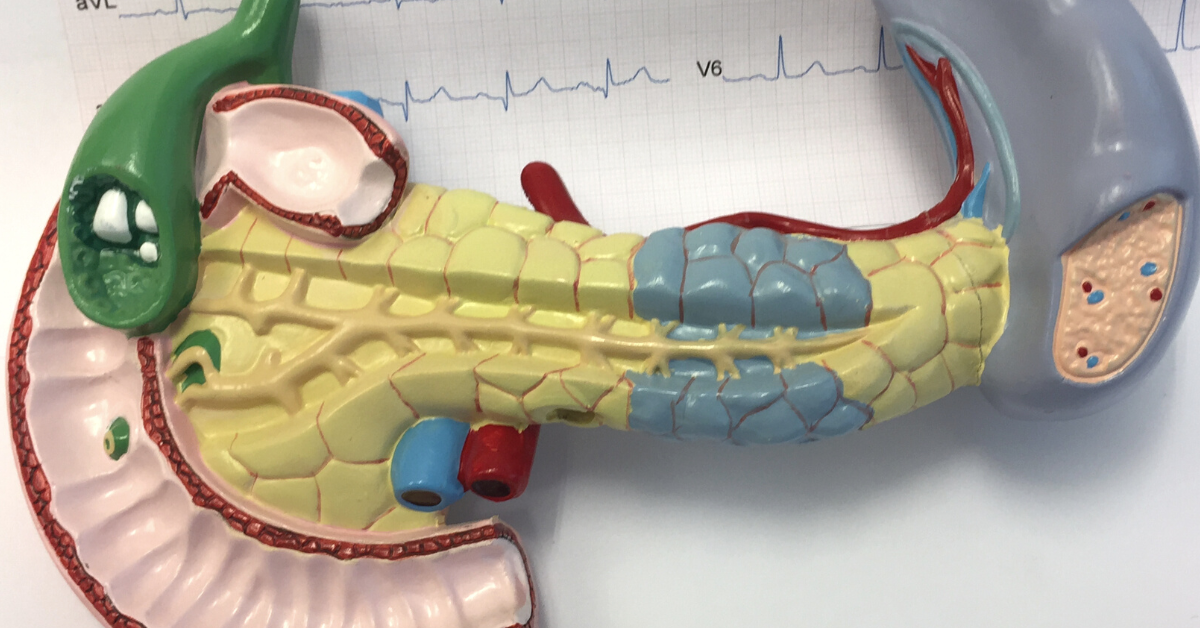
The endocrine system is critical to how your body communicates with itself and you. People with diabetes (PWD) are at an increased risk of developing complications with their endocrine system, and endocrine dysfunction can impact diabetes management. Let's review this system and how you can help your endocrine system perform its role in achieving overall optimal health.
What Is the Endocrine System?
From head to toe, you have specialized cells and glands that produce hormones that help control your blood pressure, emotions and feelings, fertility and sexual function, metabolism, and sleep. The major organs or glands that comprise your endocrine system include the hypothalamus, pituitary gland, parathyroid, thyroid, adrenal, pancreas, pineal gland, thymus, ovaries, and testes.
Although some functions overlap, some glands are the main regulators of specific bodily functions. For example, the hypothalamus gland helps regulate your emotional health, hunger, and sleep. The pineal gland secretes melatonin (the sleep hormone) and helps your body maintain its circadian rhythm, a 24-hour sleep-wake cycle. The thyroid gland is mainly responsible for converting food and drinks into energy or metabolism. Some pituitary gland functions include regulating growth, sexual development, fertility, and fluid balance. In addition to regulating blood sugar levels through insulin and glucagon, the pancreas also produces enzymes to help your body break down carbohydrates and fats. The ovaries and testes help regulate sexual function. The adrenal glands control blood pressure, metabolism, and stress management. The thymus gland supports your immune system by maturing white blood cells so your body can fight infections.
Potential Endocrine Complications
Uncontrolled blood sugars increase your risk of developing complications with your endocrine system, and problems with your endocrine system can potentially worsen diabetes.
Research reveals that there is a link between thyroid disorders and diabetes. For example, up to 30% of individuals with type 1 diabetes may experience an autoimmune thyroid condition. Low pituitary function and hypopituitarism can cause recurrent hypoglycemia. Individuals with type 1 or type 2 diabetes can experience infertility issues, and women can experience pregnancy complications such as having a large baby or the baby experiencing hypoglycemia at birth. PWD are at an increased risk of developing pancreatitis (pancreas inflammation). Chronic inflammation can affect cell growth and mutation. Eating large and unbalanced meals and activities can cause the pancreas to work harder in individuals with type 2 diabetes. The more the pancreas has to work, the more you can wear out this organ and need more medications, including insulin, to help manage your blood sugars.
In addition, emotional (i.e., anxiety, depression), chemical (i.e., medications), physical ( i.e., illnesses, overweight, decreased physical activity and sleep), social (i.e., lack of resources and support) and spiritual (i.e., lack of meaning and purpose to life) can affect how you manage your diabetes and endocrine system function.
How to Keep Your Endocrine System Healthy
There are several ways you can support your endocrine system.
Eating balanced nutritious meals can help your glands produce the necessary hormones, transport hormones to their proper place, and facilitate appropriate responses from other cells. Fruits and vegetables help to facilitate the removal of waste, which can build up in your body and affect your endocrine system. In addition, quality sleep and balanced exercises are important to promoting a healthy endocrine system. Melatonin, the sleep hormone, helps to balance your emotions and feelings. Just think about the times you experienced quality sleep and coped better with your daily routine versus when you didn't sleep well and how you had problems dealing with life events, possibly forgetting to check your blood sugar.
Foods That Promote Endocrine System Health
It's important to be intentional about what you eat. A weekly meal schedule ensures you get the nutrients to support your endocrine system.
Some foods have a greater effect on specific glands. For example, foods that support the thyroid include Vitamin D, selenium, and iodine. Foods such as grains, fruit, and vegetables can help decrease inflammation which can affect any of your endocrine glands. Here is a great resource to learn more about endocrine-specific nutrients.

